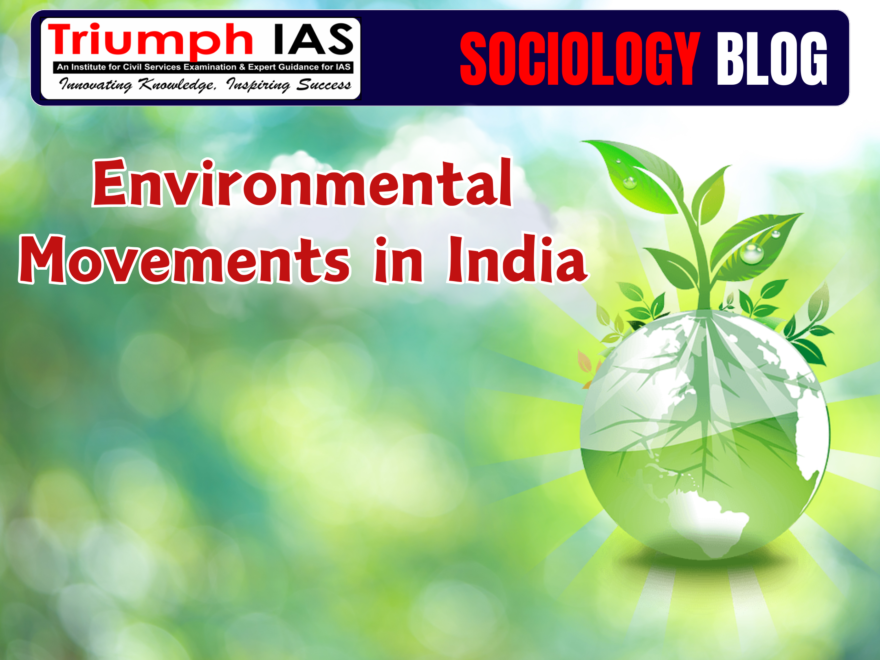|
When considering the array of 51 optional subjects for the UPSC Mains Examination, Sociology consistently stands out as a top choice. Its inherent appeal lies in its accessibility and intriguing exploration of humanity and society, catering even to students from Science and Commerce backgrounds. With a well-defined UPSC sociology syllabus comprising only 13 units, Sociology can be comprehensively covered within 5 to 6 Month Comprehensive “Foundation to Finale” Classroom Programme , Many of Our Sociology Foundation Course Students have Cleared CSE 2023- Kajal Singh, First Attempt (Age 22) Mahi Sharma, First Mains (Age 23), Anand Sharma First Mains and Many Others. Previously also Many students like IAS Pradeep Singh, IAS Ashish, IPS Bindu Madhav, IPS Aparna Gautam, IPS Shahnaz Illyas got Success in CSE in First Attempt with Sociology Optional. IAS Medha Anand, has get 310 marks in her optional subject sociology, 156 in paper – 1 & 154 marks in Paper -2 in CSE 2023. Notably, Sociology for UPSC has garnered a reputation as one of the Highest scoring optional subjects in the UPSC Main Examination, with numerous candidates consistently achieving 300+. Its popularity is evident in the fact that a significant proportion of top 100 rankers opt for Sociology as their optional subject, showcasing its high scoring potential, particularly for those not from sociology backgrounds. Moreover, relevance of Sociology Optional Syllabus for UPSC extends beyond the examination hall, enriching understanding across various aspects of life, from social and economic to political and cultural domains. In recent times, Sociology Optional has gained traction, aligning with the evolving trend of the UPSC Mains towards conceptual analysis. Unlike other optional subjects with unpredictable question patterns, Sociology offers stability and predictability, making it an attractive choice. This adaptability, coupled with its concise syllabus and relevance to both academic and social spheres, positions Sociology as the ideal optional subject for engineers as well as optional subject for commerce graduates and optional subject for science graduates seeking success in the Civil Services Examination. For those pursuing Sociology as an optional subject, accessing comprehensive Sociology optional notes and few good Sociology optional books, and previous years’ UPSC sociology optional question papers is pivotal for thorough preparation. Additionally, for aspirants seeking guidance, renowned educator Vikash Ranjan Sir at TRIUMPH IAS coaching institutes in Delhi, offer valuable support and resources. Vikash Ranjan Sir is the Best Sociology Teacher and Triumph IAS is the |
Environmental Movements in India.
Relevant for Civil Services Examination
Paper 2: Unit-13 [Social Movements in Modern India]
Environmental Movements in IndiaFor much of the modern period, the greatest emphasis has been laid on development. Over the decades there has been a great deal of concern about the unchecked use of natural resources and a model of development that creates new needs that further demands greater exploitation of the already depleted natural resources. This models of development has also been critiqued for assuming that all sections of people will be beneficiaries of development. Thus big dams displace people from their homes and sources of livelihood. Industries displace agriculturalists from their homes and livelihood. The impact of industrial pollution is yet another story. Here we take examples of an ecological movement to examine the many issues that are interlinked in an ecological movement.
Gadgil and Guha in their ‘This Fissured Land: An Ecological History of India, 1992’ highlight that though environmental movements may be new, environmental consciousness is a historical fact in India. The nexus of nature and culture was first disturbed in India during colonial rule when forests were heavily exploited and industrialization started. Since early displaced were tribals who also had deep affinity with forests for cultural reasons also, they were perhaps the pioneers and unsung heroes of environmental movement in India. According to Madhav Gadgil, environmental movements have issues like–forest and land related rights, dams, commercial exploitation of mines, and right over marine resources etc. Various other environmental issues can be enumerated as – air pollution, water pollution, solid waste, resource depletion, soil degradation, desertification, deforestation, genetically modified foods, loss of biodiversity, river pollution, man-animal conflicts, environmental disasters like Uttarakhand floods of 2013 and industrial disasters like Bhopal tragedy, Chernobyl accident and so on. Certain environmental concerns sometimes appear to be universal concerns, not particular to specific social groups. For instance, reducing air pollution or protecting biodiversity seem to be in the public interest. Environmental movements gained currency in 1970s when New Social Movements were in vogue. At that time growing developmental needs were identified as having adverse impact on environment. In the same decade, UN conference was held in Stockholm and idea of sustainable development gained ground for the first time at international level. Environmental movements are classified as –
Environmental movements are also classified on the basis of the strategy employed by them – Gandhian, Marxian, reconstructive which suggest alternative as well. Gadgil and Guha identify four broad strands within the environmental movements in India based on vision, ideology and strategy. In wake of global warming, ozone depletion, bio-diversity loss and inequitable development, environmental movements have taken a shape of global social movement industry which has tremendously helped in raising awareness and putting pressure on national governments. Such movements have tried to build a consensus between developmental needs and environmental protection. As a result, government in India has also taken many steps from time to time to address the issues raised by such movements. Courts have also acted on PILs to address environmental problems and right to healthy environment is considered as a part of ‘right to life’ by the courts. Introduction of CNG vehicles in Delhi was such an instance of judicial activism on environmental issues. Supreme Court has also established ‘Green Benches’ to address environmental issues. Rajasthan has launched Rain Water harvesting drives. Government has launched a ‘National Environmental Policy, 2005’ to address many of the issues raised by such movements. ‘Scheduled Tribes and Other Traditional Forest Dweller’s (Recognition of Forest Rights) Act 2006’ has also tried to address the issue of livelihood as well along with issue of conservation. We may now conclude our discussion on social movements by stating that social movements in India mainly focused either. |
After Class Doubts Session of Students
with Vikash Ranjan Sir
Frequently Asked Questions by
UPSC Sociology Optional Students
- How to prepare for the Sociology Optional without coaching?
- Understand the syllabus thoroughly: Familiarize yourself with the entire syllabus for both Paper I and Paper II. Download the official UPSC syllabus and use it as your roadmap. You can attend Sociology Orientation Lectures by Vikash Ranjan sir on YouTube
- Build a strong foundation: Start with introductory textbooks and NCERT books to grasp core sociological concepts. You can start with Introduction to Sociology books
- Choose reliable study materials: Select high-quality textbooks, reference books, and online resources recommended by experts. You can opt for Vikash Ranjan Sir Notes too.
- Develop a study schedule: Create a realistic and consistent study schedule that allocates dedicated time for each topic. Stick to it and track your progress.
- Take notes effectively: Don’t just passively read. Summarize key points, create mind maps, or use other note-taking techniques to aid understanding and revision.
- Practice answer writing: Regularly write answers to past year question papers and model questions. Focus on clarity, structure, and critical thinking. Evaluate your answers for improvement.
- Seek guidance: You can take free Mentorship on Sociology Optional preparation by Vikash Ranjan sir. Connect with Vikash Ranjan sir (7303615329) to share strategies, ask questions, and stay motivated.
- Can I prepare for Sociology Optional without coaching?
Absolutely! Many aspirants successfully clear the exam through self-study. However coaching can provide structure and guidance, for time bound preparation.
- What are the benefits of preparing without coaching?
- Cost-effective: Coaching can be expensive, and self-study allows you to manage your resources efficiently.
- Flexibility: You can tailor your study plan to your individual needs and pace.
- Independence: You develop critical thinking and research skills, valuable assets for your career.
- What are the challenges of preparing without coaching?
- Discipline and motivation: You need self-discipline to stay on track and motivated without external guidance. Coaching and Teacher keeps you motivated.
- Access to resources: You may need to do extra research to find quality study materials and answer-writing practice opportunities. Teacher help you on this respect.
- Doubt clearing: You might lack immediate access to someone to address your doubts and questions. Teacher like Vikash Ranjan sir is accessible to his students 24×7 Mo- 7303615329
- What additional resources can help me?
- Vikash Ranjan Sir’s YouTube channel and website: Offers free Sociology lectures, study materials, and guidance.
- Triumph IAS website: Provides past year question papers, model answers, and other helpful resources.
- Public libraries and online databases: Utilize these resources for access to relevant books, journals, and academic articles.
Sociology Optional Program for
UPSC CSE 2025 & 2026
Follow us :
🔎 https://www.instagram.com/triumphias



One comment